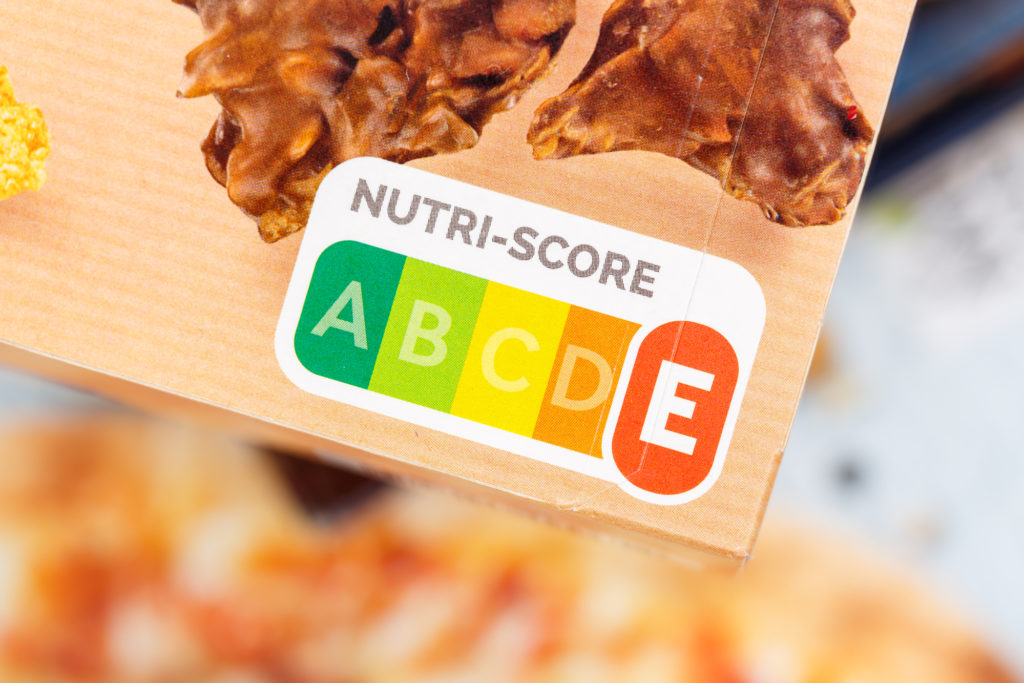According to most of researchers in the sector, public health experts, scientific societies, dedicated committees and public health authorities, the Nutri-Score is based on solid scientific evidence, which concerns both its elaboration and its effectiveness. For this reason it should be made mandatory in Europe, in order to make consumers more aware and to decrease the incidence of non-communicable diseases, which represent 80% of mortality and are associated, to a more or less significant extent, with diet . Alongside this opinion, there is also that of a noisy minority, which includes producers and some sectors of agriculture and livestock, determined to keep alive an often indefensible food model, largely based on ultra-processed foods , cost what it costs. Their main argument is often the lack of scientific evidence to support the Nutri-Score. But is it really so?
To check it, three researchers analyzed all the literature published on the subject from 2013, the year of the first research on the Nutri-Score system, to September 2022, i.e. 149 studies: 15 concerned single foods, while the other 134 investigated the effectiveness of the label, divided between 110 original searches and 24 review generals. As they later reported on British Medical Journal Global Health, only 23 of the 134 studies came to an unfavorable conclusion, mostly indicating poor efficacy or in any case a non-statistically significant effect on the perception of product quality, choices and so on. On the other hand, 111, equal to 83% of searches, promoted the Nutri-Score or its first version called the 5C label (from 5 colors) with full marks. But it is by verifying conflicts of interest that these data, already very interesting in itself, have shown the risks inherent in improper conditioning by companies or lobbies. In fact, among the studies that reached positive conclusions, only two, equal to 1.8% of the total, were also signed by authors who claimed to have received some financial support from companies, while among the other 23, nine, equal at 39.1% of the total, they had authors supported by private individuals. Moreover, of the latter, as many as six were review narratives, in which doubts were sown, almost always without real demonstrations, on the algorithm that generates the Nutri-Score or on its effectiveness or, again, the positive results obtained by other researchers were questioned. In other words, the likelihood of a study reaching negative conclusions turned out to be 21 times higher if companies or specific lobbies are among those who finance the research.
Then going to see who were the sponsors of these authors, the researchers found three main sponsors: the Dutch Dairy Association, the Dutch, and the Italian Federalimentare and the Italian Nutrition Foundation, financed by 18 Italian producers, all at the forefront in trying to prevent the introduction of the Nutri-Score in Europe. Italy, therefore, is not doing well and these data explain very clearly who is behind the war on etiquette that our country is waging with such vehemence. We shouldn’t be surprised: the influence of producers always has this effect, as has been demonstrated several times (for example in the context of research on the links between sugary drinks, obesity and diabetes), and it is confirmed every time we go to to verify. For example, in 2018, a very thorough survey of ten leading scientific journals in the sector revealed that 55% of industry-funded studies coincidentally reached positive conclusions for the companies’ products, compared to 9 .7% of studies without sponsorship or whose authors had not been financially supported by the producers.
The conclusions they go in different directions. On the one hand, whoever is called upon to make decisions and formulate laws and obligations must pay close attention to who financed the studies on which the choices are based. On the other hand, governments and supranational institutions such as the European ones must finance independent studies and involve public opinion more in discussions on the results and consequences. Finally, scientific journals must do everything possible to avoid conflicts of interest and to make them evident and transparent all the funding sources of those who ask to publish an article.
© All rights reserved Photo: Depositphotos
We are an independent journalist site with no publisher and no conflicts of interest. We have been dealing with food, labels, nutrition, prices, alerts and safety for 13 years. Access to the site is free. This is possible also thanks to the readers who follow and support us every day. Support us too, just a minute.
Donate now
1
29 Maggio 2023
